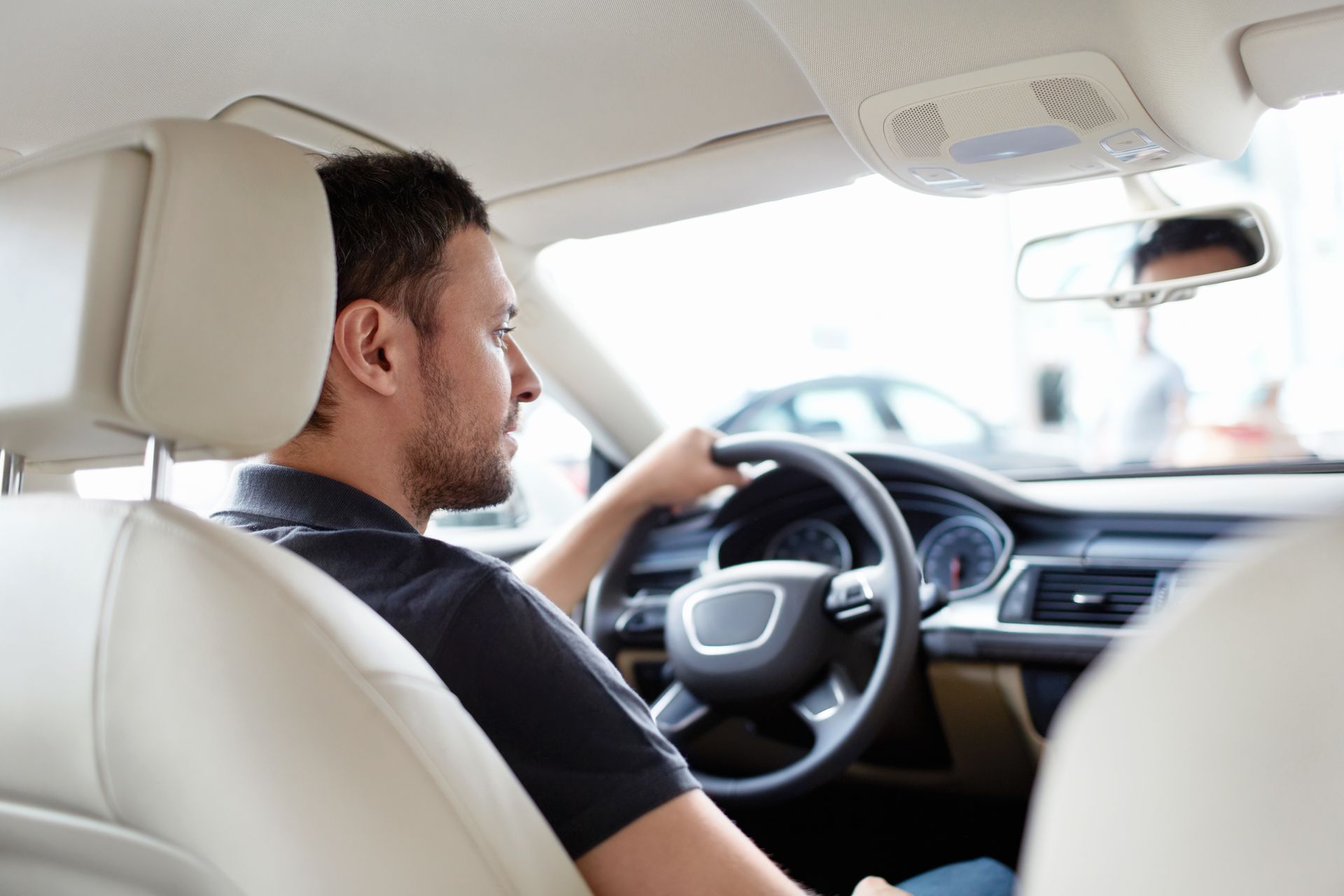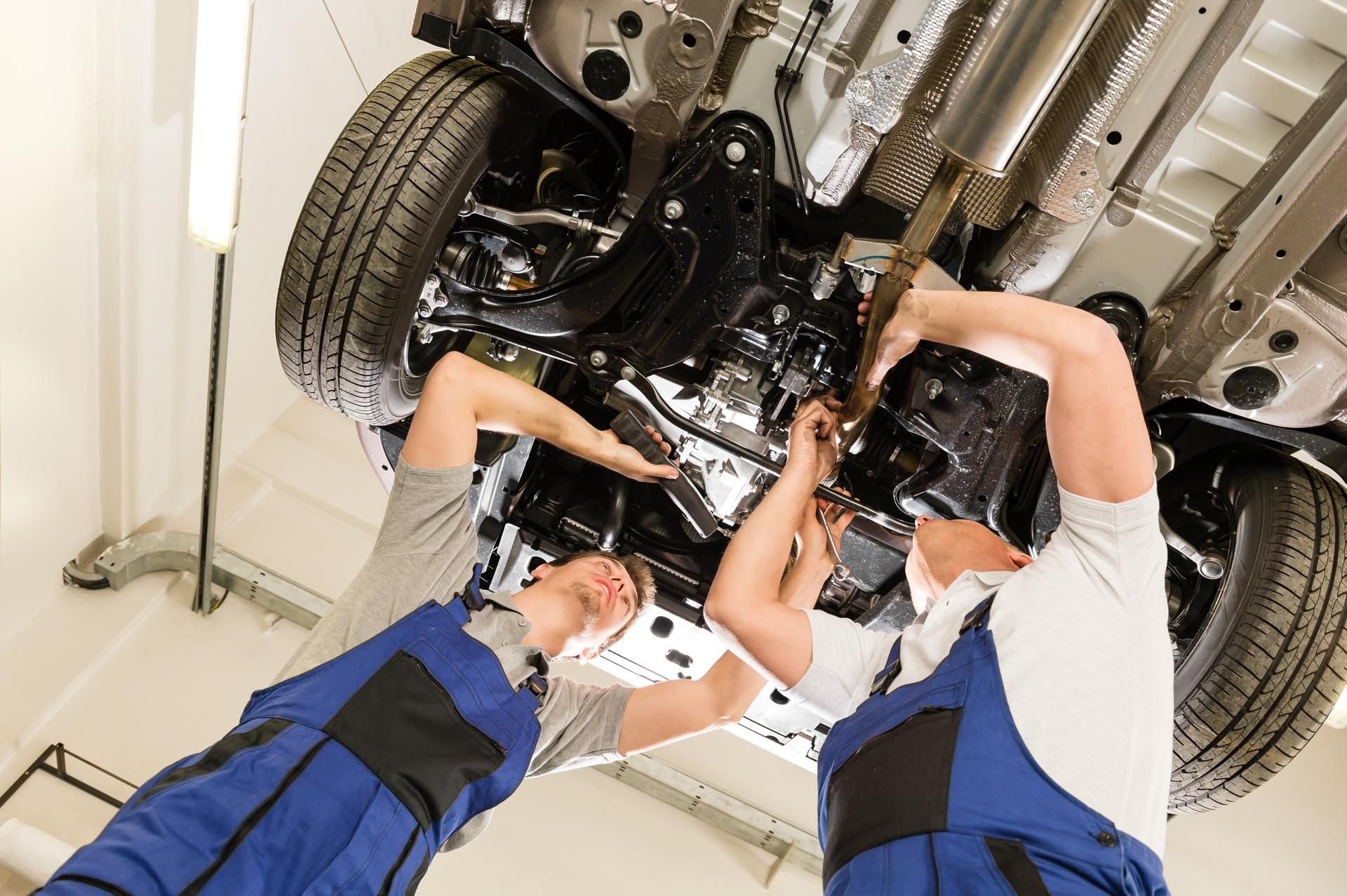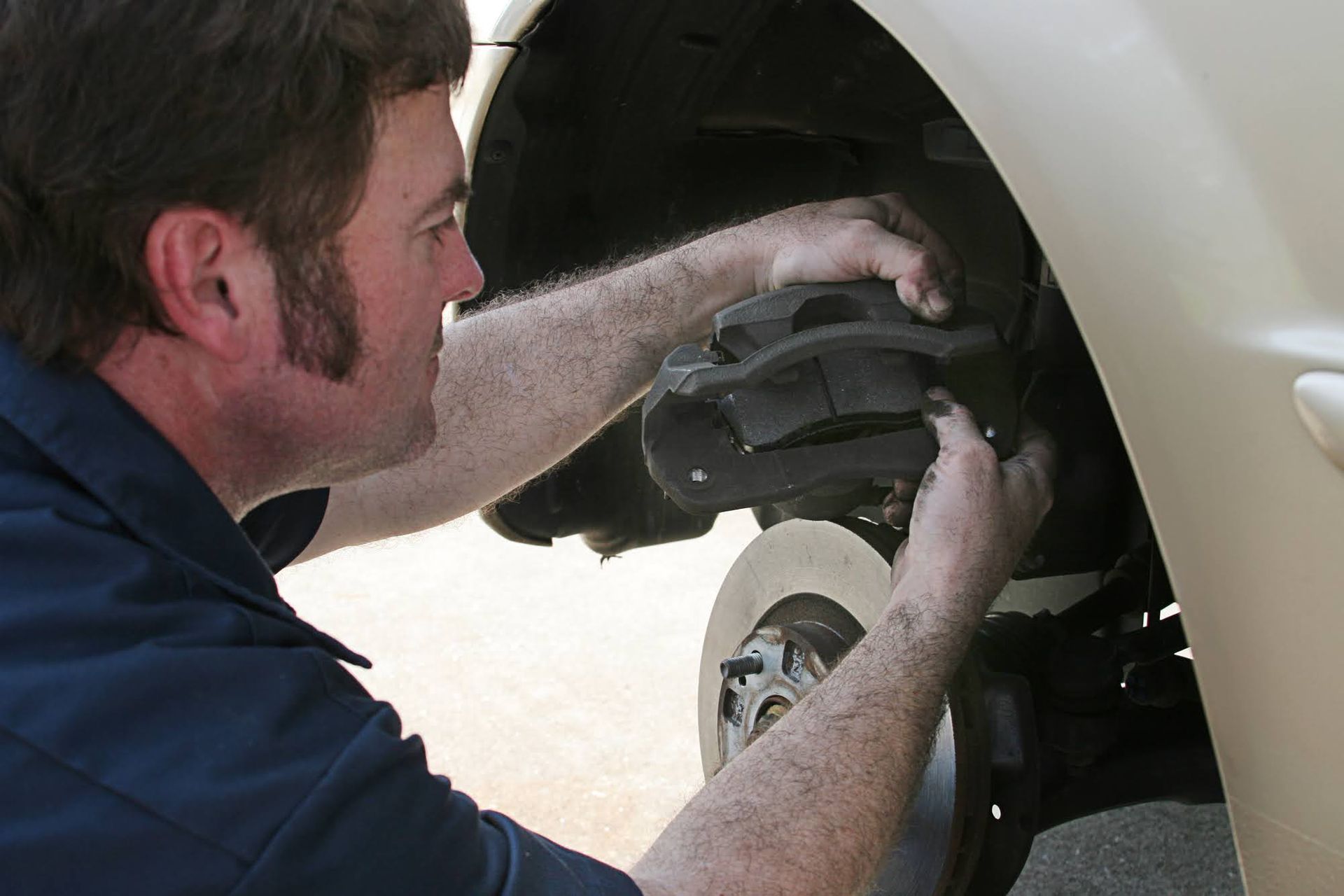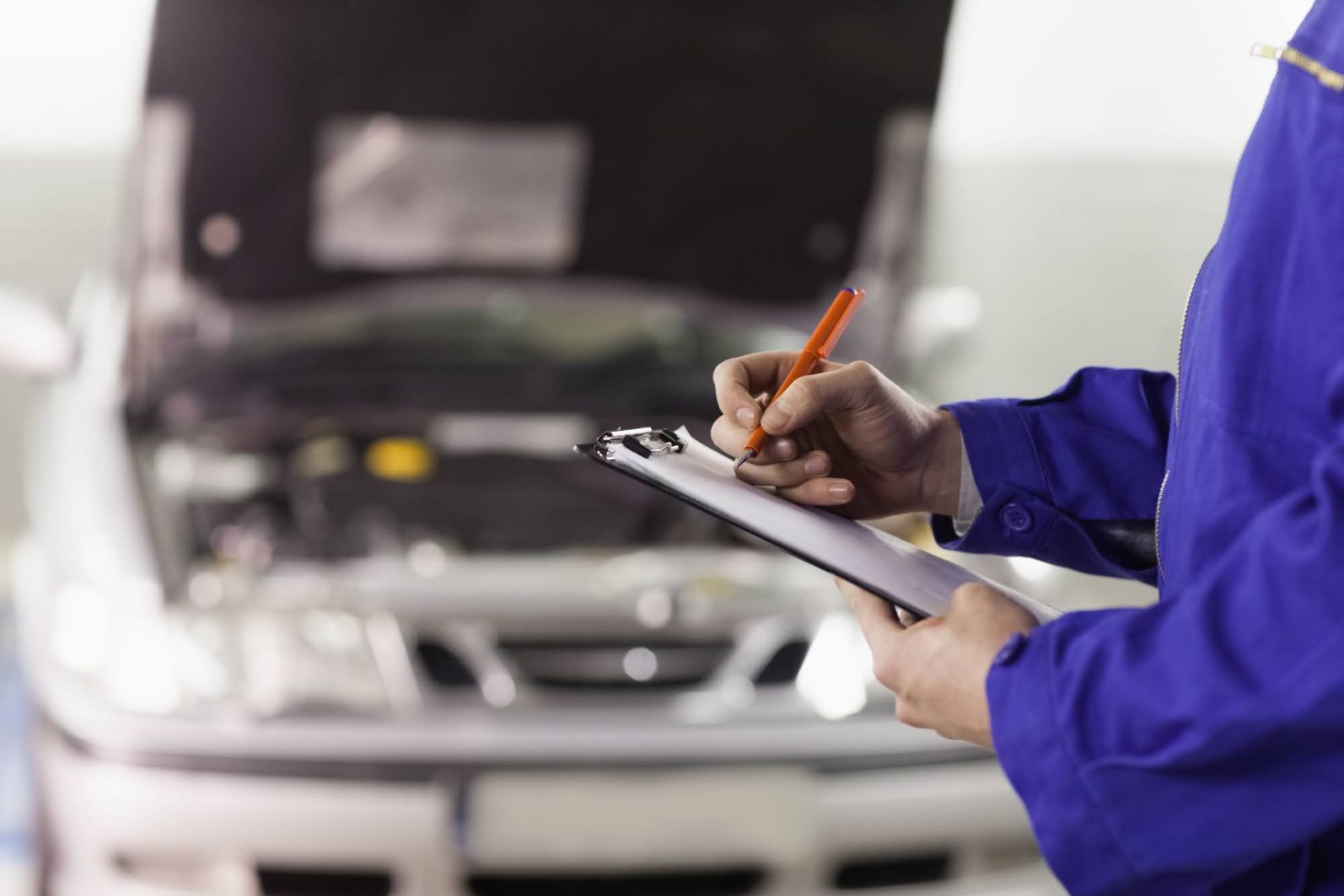9 Reasons Your Car Won't Start
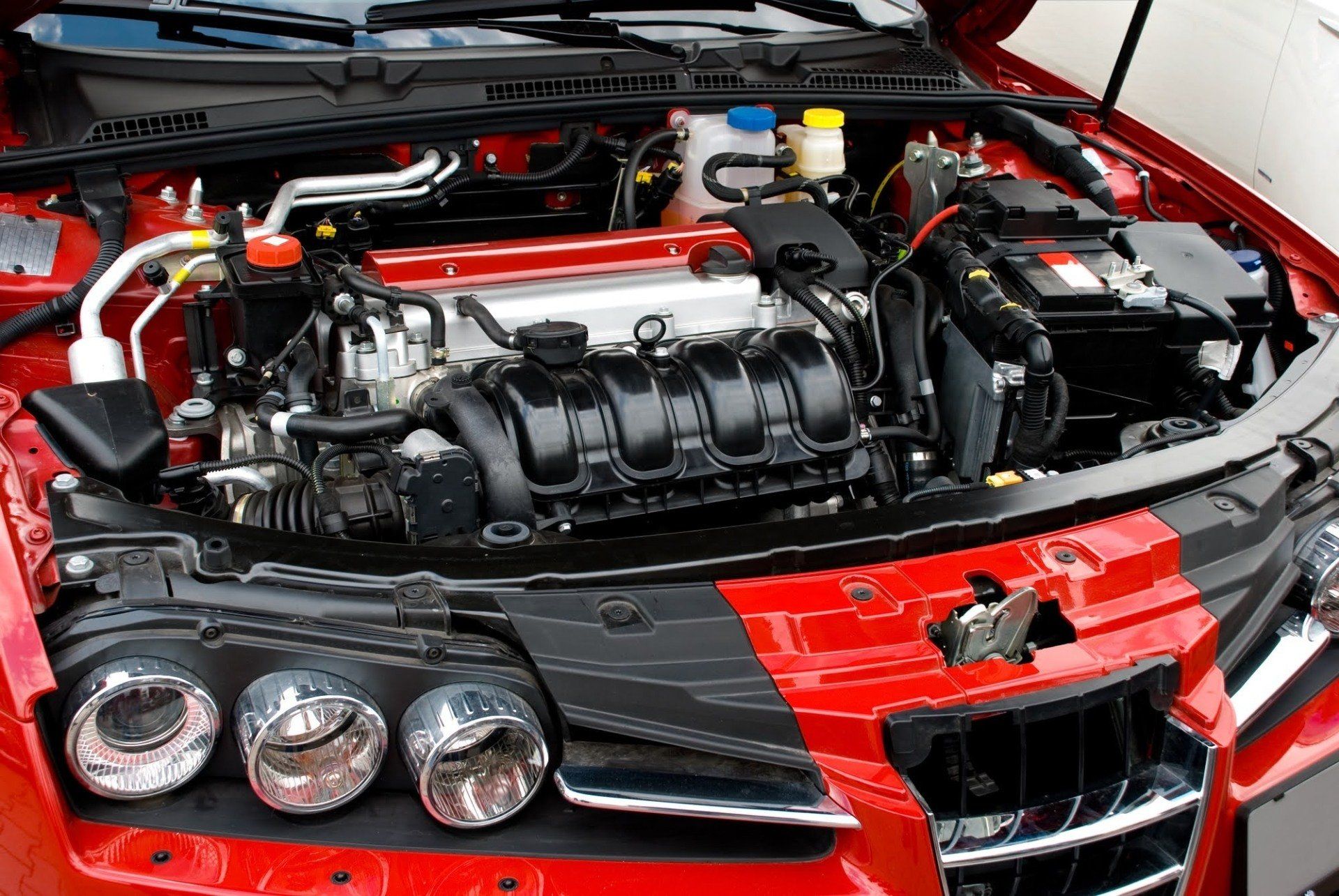
You get into your car and are ready to hit the road. However, when you turn on the vehicle, it refuses to start. Your vehicle can refuse to start due to several reasons. Below are some of those reasons.
1. Dead Battery
Your car's battery can stop working due to several reasons, such as a loose wire. Sometimes, water in the battery can evaporate and cause poor conductivity. Another reason for a dead battery is failure to turn off the dome light in time.
If the battery has some life, the starter might turn slowly, but the car will still fail to start. Also, corroded battery cables can prevent proper power flow and prevent the vehicle from starting.
2. Defective Ignition Switch
If the car battery works properly, but the car still refuses to turn on, the ignition switch is the problem. Try to turn on the headlights to confirm whether the ignition switch is the problem. If the battery works, the dashboard and headlights will turn on, but the engine will fail to start. In this case, you have a bad ignition switch.
3. Faulty Starter
The starter is an electrical component that connects the car battery to the engine. This component initiates motion in the crankshaft, pistons, and other engine components after you start the car. After the engine starts, the starter's work ends.
When something damages the starter, the engine won't crank properly or may fail to crank at all. Instead, you will hear a clicking sound when you try to start the vehicle.
4. Faulty Immobilizers
If you have installed security systems in your car, the systems might fail to recognize your key. This might happen if the key fob's battery is low. Common vehicle security systems include immobilizers and alarms.
Try using a spare key or place the fob right against the start button. If the car doesn't still start, a new key might be necessary.
5. Spark Plugs
The spark plugs can stop working if the petrol engine is flooded. Petrol engine flooding occurs when you start the vehicle from the cold but switch off the engine too soon. This causes unburned fuel to enter the engine and remain there once you turn off the vehicle. The unburned fuel will wet the spark plugs and cause difficulties with the vehicle restarting.
6. Bad Timing Belt
The timing belt controls the opening and closing of the engine's valves and prevents pistons from coming into contact. Vehicle manufacturers often specify when to replace the timing belt. If the timing belt fails, catastrophic engine damage can occur.
7. Clogged Fuel Filter
The fuel filter protects the vehicle's fuel system from debris and other foreign particles. However, the debris can accumulate in the filter and cause clogging. A clogged filter prevents sufficient fuel from getting into the engine. Insufficient fuel in the engine can cause the vehicle to fail to start.
8. Bad Alternator
A bad alternator problem typically occurs if the vehicle also has a bad battery. That is because the alternator recharges the battery and controls the vehicle's electrical components. Hence, if your battery is not working, chances are that the alternator is also not functioning properly. In this case, the electrical components also won't work properly.
9. Broken Distributor Cap
Sometimes, a problem that seems to originate in the spark plug might actually be due to a damaged distributor cap. The distributor cap transfers electricity from the ignition coil to the spark plug. When the distributor cap malfunctions, the engine can misfire and cause the check engine light to turn on. You might also hear strange noises, and the vehicle might fail to start.
If your vehicle has failed to start, the best option is to reach out to a qualified mechanic, like Car Doctors of Loma Linda. We provide various vehicle maintenance and repair services. Contact us for more information.


